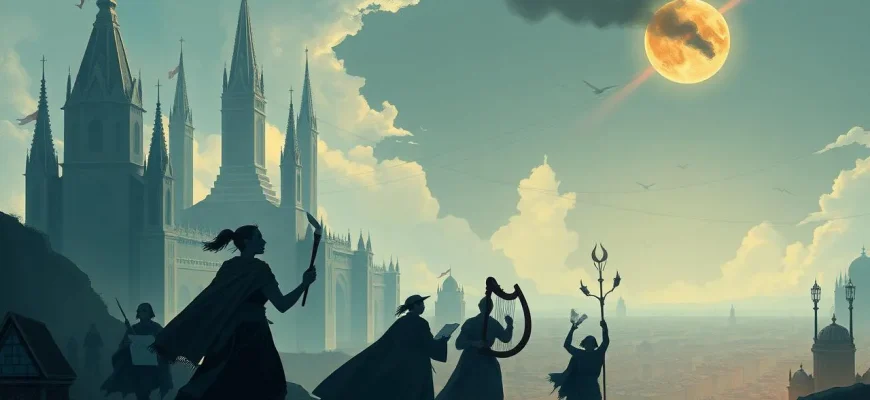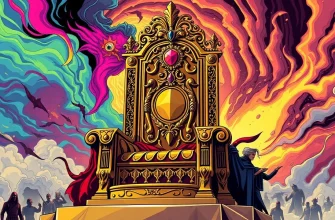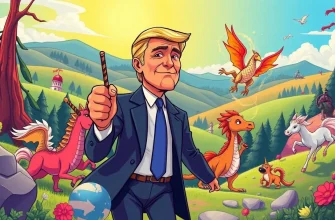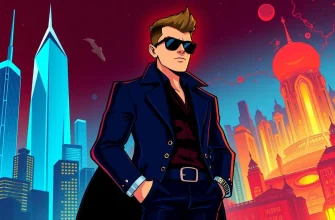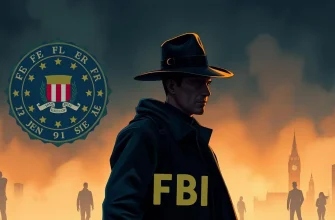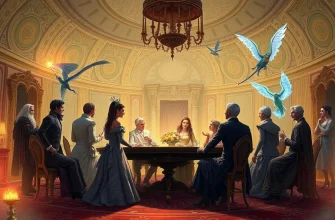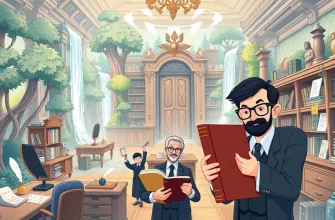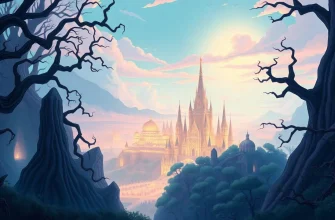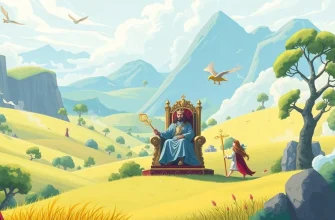Embark on a cinematic journey through realms where the power of imagination clashes with the constraints of censorship. This curated selection of fantasy films not only entertains but also invites viewers to ponder the implications of controlling narratives and ideas. Each film in this list uses the fantastical to explore the very real issue of censorship, providing a rich tapestry of stories that resonate with themes of freedom, expression, and resistance.
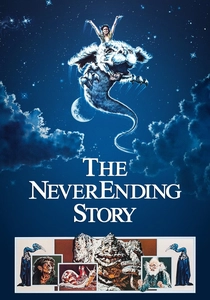
The NeverEnding Story (1984)
Description: This timeless classic explores the power of imagination and the dangers of losing it, which can be seen as a metaphor for censorship stifling creativity. The story follows a boy who discovers a magical book that leads him into a world where he must save Fantasia from The Nothing, a force that erases memories and stories.
Fact: The film was based on a German novel by Michael Ende, and the author was not pleased with the adaptation, feeling it strayed too far from his original work.
 Watch Now
Watch Now
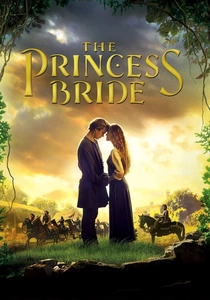
The Princess Bride (1987)
Description: This film, framed as a story being read to a sick child, can be seen as a playful take on censorship, where the grandfather edits out the "kissing parts" to make the tale more palatable for his grandson, reflecting on how stories are shaped by those who tell them.
Fact: The film has gained a cult following over the years, with fans quoting lines and reenacting scenes at conventions.
 Watch Now
Watch Now
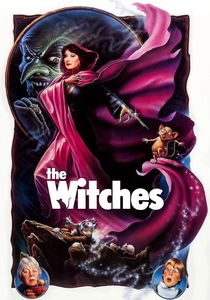
The Witches (1990)
Description: Roald Dahl's story, adapted into this film, features a boy who uncovers the secret society of witches, who aim to rid the world of children. This can be interpreted as a metaphor for the suppression of innocence and imagination, akin to censorship.
Fact: Anjelica Huston's portrayal of the Grand High Witch was so convincing that it reportedly scared many children, leading to some controversy.
 Watch Now
Watch Now
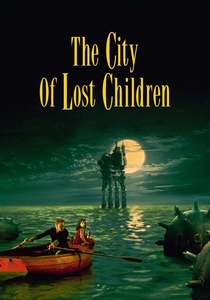
The City of Lost Children (1995)
Description: In this surreal fantasy, a mad scientist steals children's dreams, a metaphor for the suppression of imagination and creativity. The film explores themes of control over one's mind and the fight to reclaim one's thoughts.
Fact: The film was directed by Jean-Pierre Jeunet and Marc Caro, who are known for their visually stunning and imaginative storytelling.
 Watch Now
Watch Now
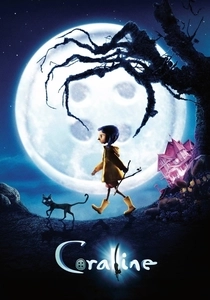
Coraline (2009)
Description: Neil Gaiman's story, adapted into this stop-motion film, features a girl who discovers an alternate world where her "Other Mother" tries to keep her by offering a seemingly perfect life. This can be viewed as a metaphor for the allure of conformity and the suppression of individuality.
Fact: The film was the first ever to be shot entirely in stereoscopic 3D using stop-motion animation.
 Watch Now
Watch Now
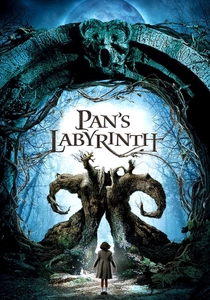
Pan's Labyrinth (2006)
Description: While not explicitly about censorship, this dark fantasy uses the backdrop of post-Civil War Spain to explore themes of control, obedience, and the suppression of fantasy and imagination, which can be seen as a form of censorship.
Fact: The film won three Academy Awards and was praised for its visual effects, art direction, and the seamless blend of fantasy with harsh reality.
 Watch Now
Watch Now
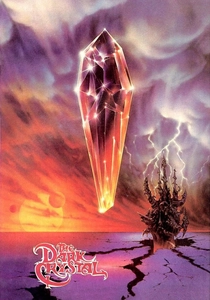
The Dark Crystal (1982)
Description: This film, set in a world where the Skeksis rule with an iron fist, can be interpreted as a tale of censorship where knowledge and history are controlled by the ruling class. The quest of Jen and Kira to restore balance to their world is a fight against the erasure of their culture.
Fact: The film was a pioneering effort in puppetry and animatronics, with Jim Henson's Creature Shop creating over 100 unique creatures.
 30 Days Free
30 Days Free

Brazil (1985)
Description: Terry Gilliam's dystopian fantasy film portrays a bureaucratic society where information is tightly controlled. The protagonist, Sam Lowry, dreams of escaping into a fantasy world while battling against the oppressive system that censors and controls every aspect of life.
Fact: The film was famously released in a heavily edited version in the US, which Gilliam fought against, leading to a battle over artistic integrity and censorship.
 30 Days Free
30 Days Free
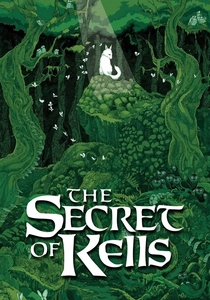
The Secret of Kells (2009)
Description: This animated film tells the story of the creation of the Book of Kells, where the act of preserving knowledge and art in the face of Viking invasions can be seen as a fight against the erasure of culture, a form of censorship.
Fact: The film was nominated for an Academy Award for Best Animated Feature, showcasing its unique visual style inspired by Celtic art.
 30 Days Free
30 Days Free
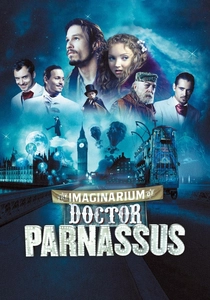
The Imaginarium of Doctor Parnassus (2009)
Description: Terry Gilliam's film features a traveling theatre troupe that offers audiences a journey into their own imaginations, a direct challenge to the idea of censorship. The story delves into the battle between imagination and the forces that seek to control it.
Fact: After Heath Ledger's untimely death, his role was completed by Johnny Depp, Jude Law, and Colin Farrell, each playing different versions of his character in the Imaginarium.
 30 Days Free
30 Days Free

